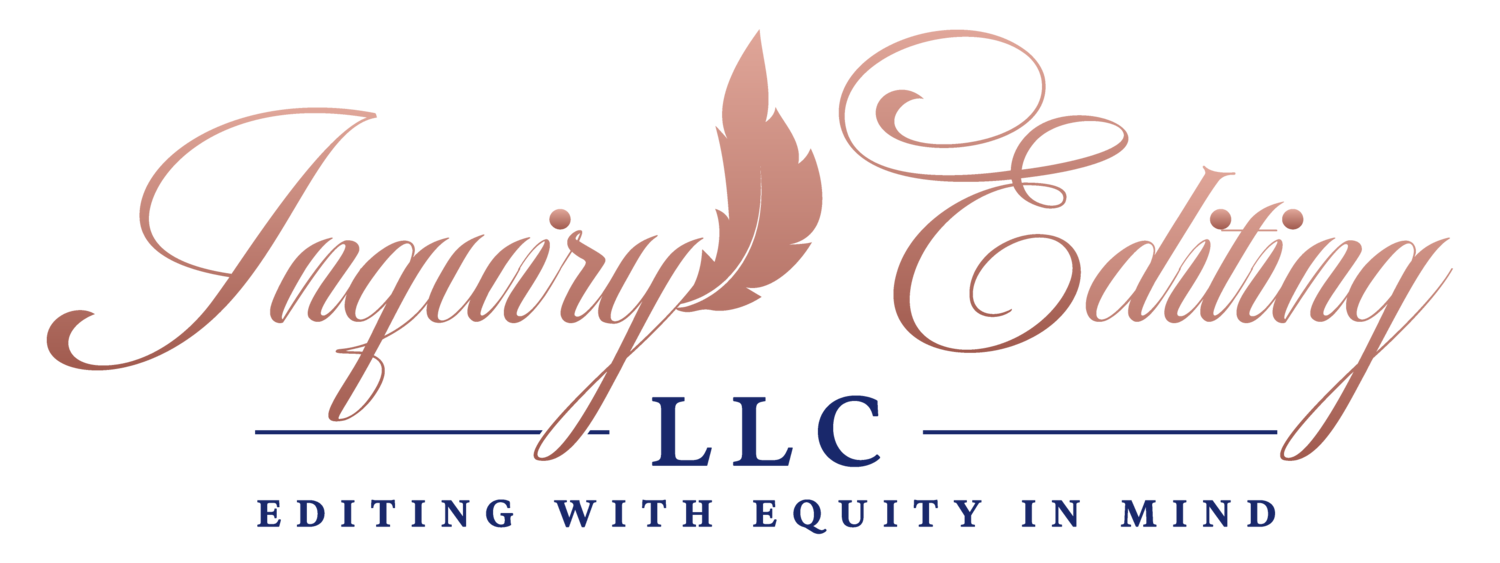10,000 Hours
I am sure some of you know the adage: it takes 10,000 hours to become an expert at something. If you’re practicing an hour a day, this will take approximately 27 years 4 months and 23 days. This feels rather disheartening. And, I doubt this is the point Malcolm Gladwell was making when he wrote this factoid in Outliers. In fact, Gladwell has been on Reddit to offer a particular clarification: that practice is not sufficient for success, and neither is the rule applicable to everything (for instance, sports).
To that, I would add, writing.
So why talk about this rule if it does not apply? This rule, like most cultural stories, sticks because it taps on something we wish to be true. It taps on another widespread popular cultural narrative: that hard work can practically ensure success. The rule also relies on such a lovely round number that feels simultaneously possible and grand, just the kind of thing that the ambitious can feel is within reach. Furthermore, this narrative – like any good cultural narrative – taps into something true. Practice. Time. Effort. Patience. They matter.
I was well into my career as a writer before someone suggested that I copy sentences from books and verse from poems in my own hand. I remember trying to hide my consternation so I could get more of this wisdom. The person went on to wax poetic about having your hands make the same movements as the writer and how that allows the syntax, the rhythm to make its way into your body. They also pointed me in the direction of Ralph Ellison who copied other writers’ sentences. Noting my silence, the person also pointed out that the way we understand what we’re doing is to write things out, so it stands to reason that the way we understand what other writers are doing is to write their words out. I was swayed by both the mystical argument and the practical one.
Also, a favorite poet of mine pointed me in the direction of an article that showed poets’ drafts of poems, with all their handwritten markings. I was giddy! Seeing how and why people changed verbs, nouns, or shifted stanzas. It was marvelous and clever. Then, I watched – of all things – Billy Collins’s masterclass where he assists people in revising their poems. He has a kind of nonchalant quality to his advice that makes the writing feel like an experiment. Just try this. I have to say that it reminded me of being around Bob Haas or Eduardo Corral or Sharon Olds in workshops. They pushed and prodded us all to try another draft differently. After being in Octavia E. Butler’s archive and realizing that she saved multiple drafts of documents, I understood the power of simply having multiple versions.
This, to my mind, is what constitutes practice in writing: spending time with others’ work intimately and experimenting with your own. Fiction writers and poets and essayists have an advantage here. They understand that not everything will be useful. As a friend of mine pointed out, academics often write from a place of fear or trauma. That is, the writing projects we have – theses and dissertations and books – are all done with the idea that you not only must be able to use everything, but that the stakes are astronomically high. This is no way to live.
Therein lies the joy of the 10,000 hours. Practice can relieve you of the tension to get it right each time. Instead, you know that the effort goes toward learning or doing or both. You just show up – consistently.
You don’t have to be consistently great either. You just have to be great at being consistent.
Be consistent, my dears.
